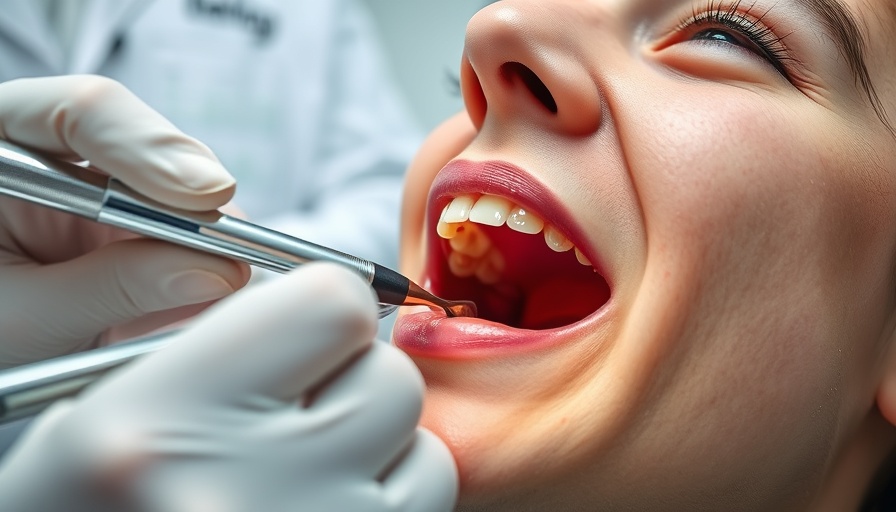
Are You Experiencing Discomfort While Eating? Here’s What You Should Know
Eating should be a routine activity that fills us with joy, yet for many adults, discomfort during mealtime signals underlying dental issues that need addressing. If you’re among those who find eating becomes a painful chore, this article outlines common causes and expert insights from the latest dental studies, guiding you toward solutions for improved oral health.
Understanding Dental Discomfort
Experiencing pain while eating can stem from a range of dental issues. As adults, especially those aged 40-70, who are either nearing retirement or enjoying it, it’s crucial to recognize these discomforts early. Ignoring issues can lead to further complications and affect overall health, with possible digestive consequences.
Key Issues Behind Eating Pain
Addressing the importance of prompt care, here are the primary issues that might cause pain when eating:
- Untreated Cavities: Cavities can become aggravated when consuming sticky or chewy foods, leading to discomfort. Regular dental check-ups can help identify these before they escalate.
- Sensitive Teeth: This condition often results from enamel erosion, whether due to grinding or excess acid from sugary drinks. Awareness and management strategies, like dental veneers, can alleviate discomfort.
- Gum Disease: Characterized by swollen and bleeding gums, gum disease can render eating painful. Early intervention often reverses this condition, while more severe cases may require extensive treatment.
- Sharp Edges on Teeth: Cracked or broken teeth can develop sharp edges that injure soft tissues in the mouth. Thus, regular dental evaluations are vital for maintaining dental integrity.
- Loose Teeth: Often linked to gum disease or trauma, loose teeth complicate chewing and digestion. Immediate dental consultations can prevent further damage.
Prevention Strategies for Dental Discomfort
Regular dental visits are fundamental for maintaining healthy gums and teeth. Adults should aim for biannual check-ups, enabling dentists to catch cavities and gum disease in their early stages. Additionally, dental professionals encourage a diet lower in sugars and acids to protect enamel and overall dental health.
The Emotional Toll of Dental Pain
For many, the inability to enjoy meals with family or friends due to dental discomfort can lead to social withdrawal. Understanding how dental pain impacts mental well-being is essential. Many individuals report feelings of embarrassment regarding their condition, leading to decreased social interaction and a decline in self-esteem.
Potential for Future Innovations in Dental Care
Research in oral health is advancing rapidly. Innovations in dental implants and improved preventive care strategies are on the horizon. As technology progresses, potential solutions such as bioactive restorative materials and precise diagnostic tools will enable dentists to provide better care that can relieve discomfort more effectively.
Frequently Asked Questions
How can I maintain my oral health to prevent discomfort while eating?
Regular dental check-ups and maintaining a balanced diet low in sugar can significantly reduce dental discomfort.
What should I do if I experience sudden pain while eating?
Seek immediate dental advice to identify and address the cause appropriately.
Your Next Step Toward Healthier Eating
Experiencing trouble while eating is often a sign that it’s time to consult with a dental professional. Don’t wait for the discomfort to worsen. Understand the significance of your oral health, as it predicts your overall health outcomes. By taking action promptly, you can preserve not only your smile but also your ability to enjoy meals without pain.
 Add Row
Add Row  Add
Add 




Write A Comment